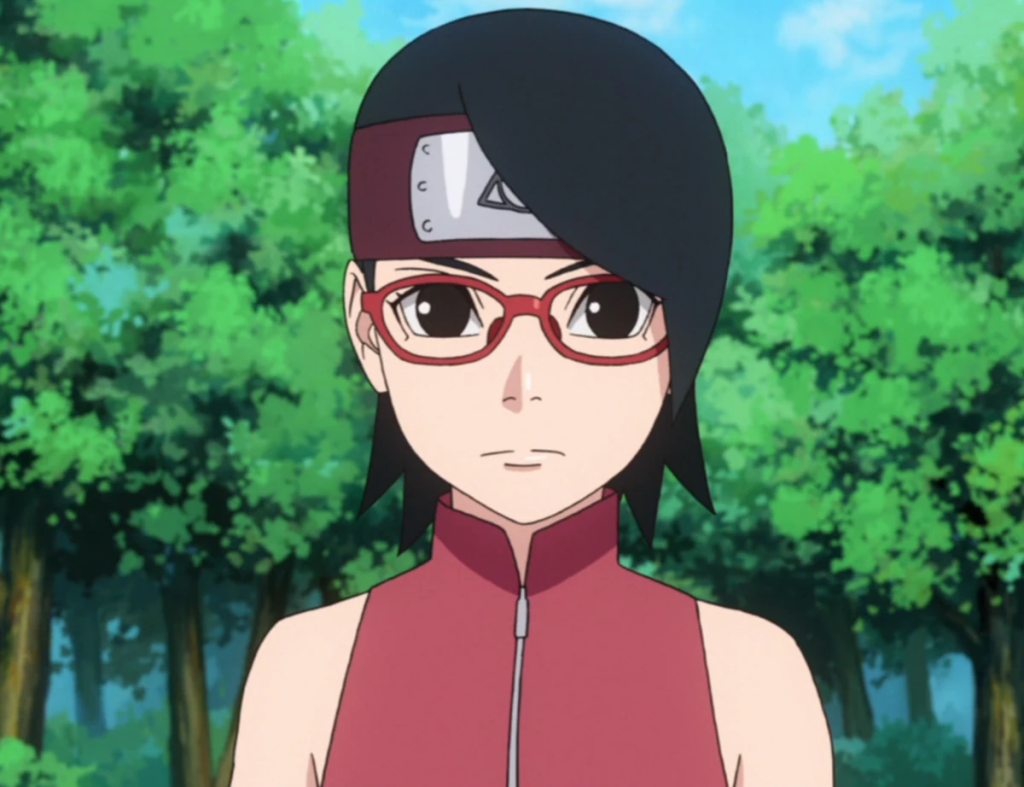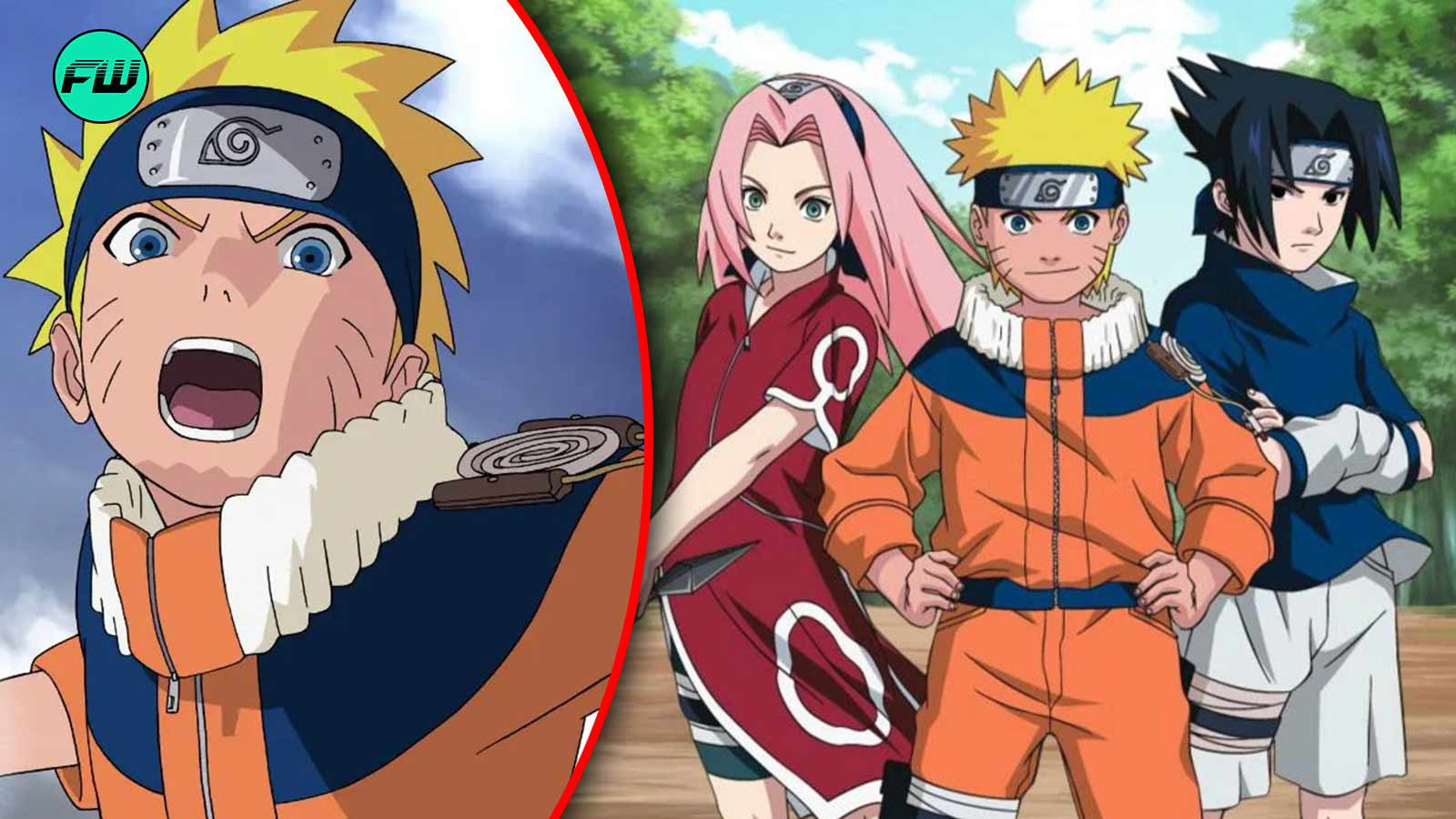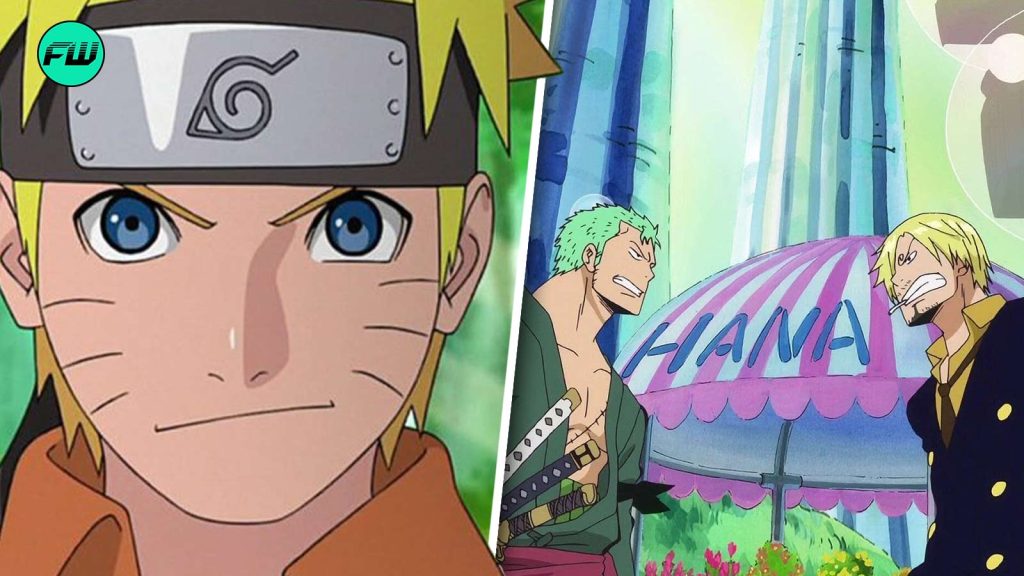Masashi Kishimoto’s recent interview during his France tour initially filled fans with excitement. As the creator of the global sensation Naruto, any opportunity to hear his insights is celebrated within the anime community. However, this time, Kishimoto has found himself at the center of a brewing controversy that has shaken the Naruto fandom to its core.

The controversy stems from an alleged comment Kishimoto made regarding Sarada Uchiha, one of the key characters in Boruto: Naruto Next Generations. The mangaka’s alleged comment, where he reportedly referred to Sarada as “s*xy” — left many fans deeply unsettled. Although the interview has not yet been released officially, social media is divided on whether it is an instance of mistranslation or not.
The Alleged Statement by Masashi Kishimoto
During an interview recently held on 24th August 2024, as part of Masashi Kishimoto and Mikio Ikemoto’s tour of France, Kishimoto was reportedly asked about his favorite character design by Ikemoto, the current illustrator of Boruto: Naruto Next Generations. Despite not being officially published yet, there are multiple translations available from the French transcript on the Internet.
Kishimoto’s alleged response has sparked serious backlash, with critics accusing the mangaka of objectifying a beloved underage character. According to the translation, Kishimoto presumably stated,
I would say Sarada as a young woman because she’s s*xy, I could never have drawn her.
The remark, particularly the use of the word “s*xy,” quickly spread across social media, drawing criticism from fans. Many questioned why Kishimoto would use such language when describing an underage character, leading to allegations of inappropriate objectification.

Critics latched onto this alleged comment, accusing Kishimoto of degrading the character, who is meant to represent strength and independence.
The controversy surrounding Kishimoto’s alleged comment struck a chord with fans who believe Sarada should be recognized for her strength, intelligence, and leadership potential rather than her physical appearance.
On the other hand, some fans believe that even if Kishimoto did use the word, it might not have been meant in a degrading way, especially given the differences in cultural perception and language use.
The Counterclaim of Masashi Kishimoto’s Statement
Amid the rising tensions, another narrative began circulating, suggesting that the original claim might have been a mistranslation. Several individuals who attended the interview in person have stated that Masashi Kishimoto did not use the word “sekushi” (s*xy), but instead used the word “kakkoi” (cool). The issue appears to stem from how the Japanese word was interpreted and then translated into other languages, leading to a misunderstanding.
This discrepancy has cast doubt on the initial translation, urging fans to hold judgment until the official interview transcript is released. Without a recording of the event, it’s difficult to fact-check the claims.
Moreover, as the interview was conducted in French, the Japanese transcript is not available. Thus, it adds another layer of complexity to the translation process. The French transcript might not have conveyed the exact details of Kishimoto’s original response, further fueling the confusion.

Additionally, according to some fans, the confusion surrounding the words “kakkoi” and “sekushi” highlights the challenges of translating interviews across languages and cultures. In Japanese, “kakkoi” is often used to describe something as “cool,” “stylish,” or “impressive,” especially in terms of appearance or demeanor. The word “sekushi,” on the other hand, translates to “s*xy,” but its usage varies depending on context.
The subtleties of these terms can easily be lost or misconstrued when translated, particularly when done informally or without an official transcript. Since there are multiple concerns about how interviews are handled in multilingual contexts, it’s better to exercise caution before jumping to conclusions based on partial or mistranslated quotes.
Until the official interview is released and the exact wording confirmed, fans will remain divided. For the time being, all eyes are on Kishimoto and his team in the hopes of receiving a clarification that would end the debate and let fans return to their favorite things, Naruto and legacy.
Naruto and Boruto is currently available to watch on Crunchyroll.




